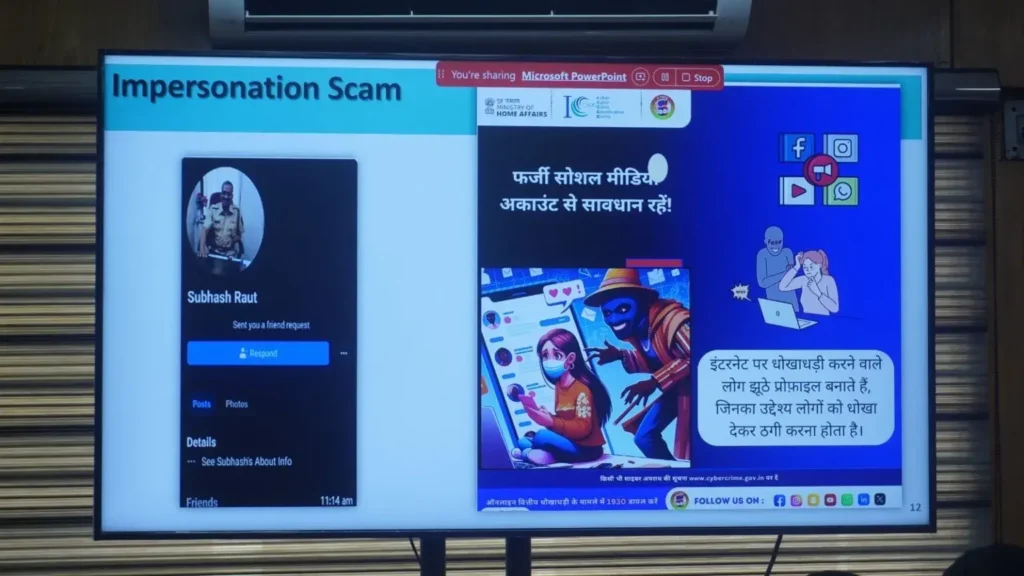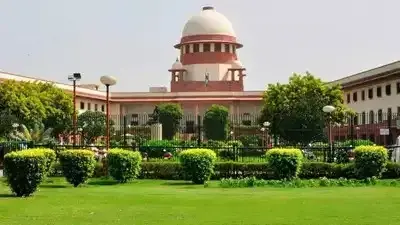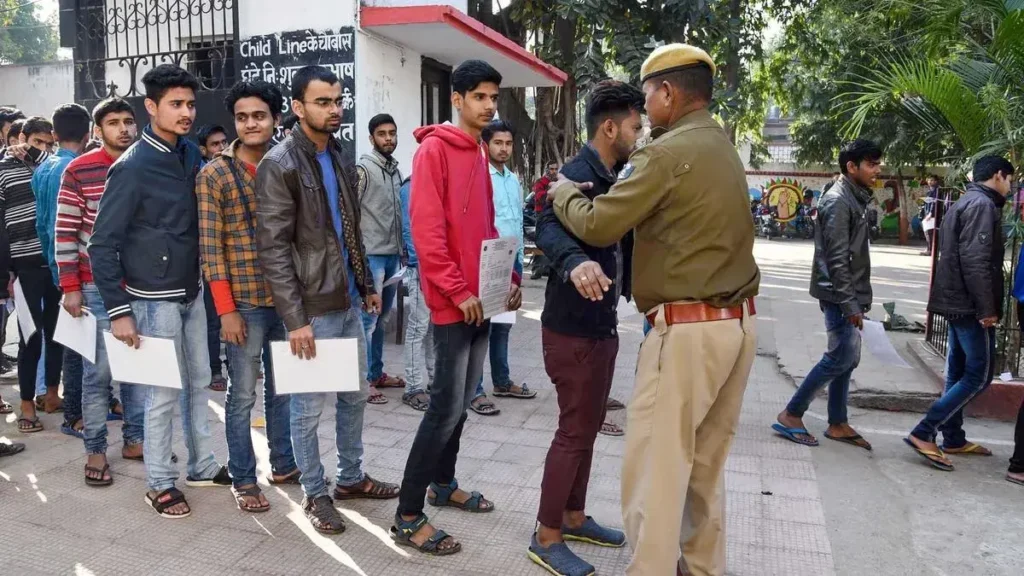Education Ministry Hosts National Workshop on Mental Health and Cyber Security
The Education Ministry marked World Mental Health Day by organizing a national online workshop on mental health and cyber security. Dr. Rajesh Sagar, a professor in the Psychiatry Department at AIIMS, New Delhi, highlighted pressing mental health concerns like stress, anxiety, and depression, noting that half of mental health disorders manifest before the age of 14. He discussed key stressors affecting young people, such as academic pressure, family conflicts, and bullying, offering coping strategies like deep breathing and cognitive restructuring to promote mental well-being. In a session on cyber security, Dr. Rashmi Sharma Yadav, Deputy Commissioner of Police at the Indian Cyber Crime Coordination Centre, emphasized the need for cyber hygiene and safety among children. She addressed the dangers of cyberbullying, grooming, and fraudulent online gaming, advising students to use helpline 1930 for reporting cyber fraud. Dr. Yadav urged responsible internet use and parental involvement to ensure the protection of personal information online. The workshop also focused on empowering educators and parents with the knowledge to support children’s mental health and online safety. Experts encouraged schools to integrate mental health education and digital literacy into their curriculums, fostering an environment where students feel supported both emotionally and digitally in an increasingly connected world. Source: Business Standard




